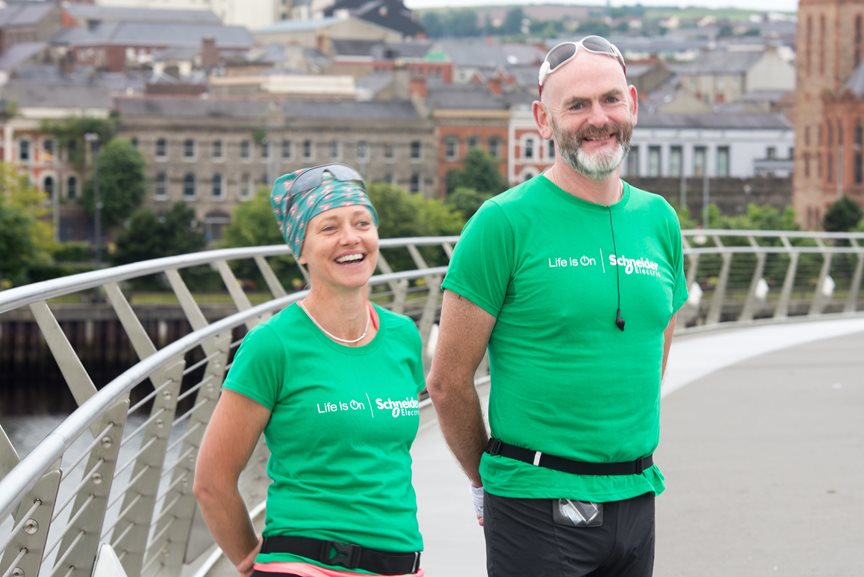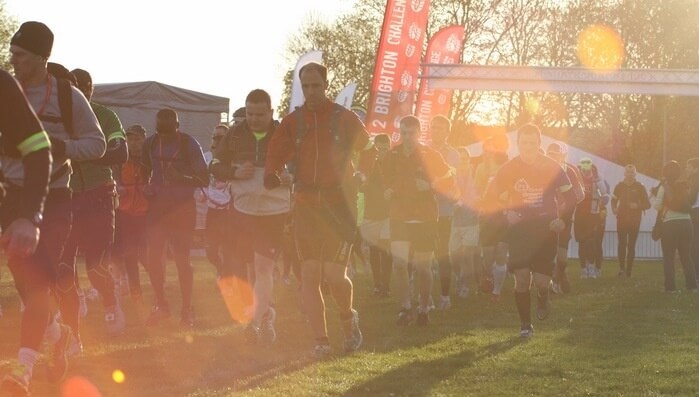Last updated: 29-Aug-18
By Simon Mesner
Undertaking an ultra event, even for the experienced athlete, presents a major challenge, and requires plenty of preparation that will have a major impact on many, if not all, elements of the participant’s life.
The more effectively the athlete is prepared, the more likely it is that their performance will be enhanced and the risk of injury lowered. Being well prepared will also allow the athlete to organise the rest of their life with greater ease.
These factors include:
- Being physically fit enough to meet the challenge. Aerobic fitness is probably the most obvious component for ultra runs but to maximise performance and to lower the risk of injury one must address anaerobic fitness, strength, power, flexibility and range of movement.
- The higher the quality of movement in one’s running gait, the more efficiently the athlete will be able to move which will result in improved performance and protect against injury. Analysis of one’s movement should be factored into preparation for an ultra run, especially if it has not been performed before.
- Balanced and specific dietary intake including the right amount of calories, an effective mixture of types of foods and nutrients, as well as the timing of consumption.
- Effective rehydration including when to rehydrate, and how to measure, or observe, when one is dehydrated.
- Resting and sleeping effectively. Rest in the short term, periodic longer rests or relative rest and effective sleep are vital.
- Re-organisation of the athlete’s life. Scheduling of training around all other activities of daily living will be required. The minutiae of life as well as of the training schedule should be attended to, to make marginal gains in performance.
- Individual ultra run characteristics such as location, altitude and likely weather and equipment required, should all be factored into the training programme and event preparation and planning.
- The mind needs to be fit and prepared as well as the body. Specifically, maintaining concentration and focus over a long period of preparation and when completing the challenge is not straight forward. There are techniques that can be utilised to enable the athlete to stay on track and not just finish the event but attain their pre-planned goal.
No doubt some of this preparation can be performed on one’s own or with effective research. However even the best athletes work with others to maximise their performance and lower their risk of injury or preparation errors.
Super Fit offers a personal training case management service that covers the above elements as well as offering training sessions and/or reviews. The Super Fit approach is based on a wealth of experience and effective application of the best research evidence as well as utilising the latest training techniques such as Black Box thinking and the Theory of Marginal Gains.
I started out my career as a physiotherapist, which always included analysis of movement patterns, exercise prescription and sports specific rehabilitation/training. However, around 11 years ago I began my move into personal training and personal training case management.
In the late summer of that year a client attended my clinic with calf pain. The spoken assessment revealed that her training had recently changed as she had decided to run the Marathon des Sables. This was the first time that I had come across the event.
Her calf problem was relatively mild but was related to a specific lack of endurance and strength in the area. We corrected this and her problem resolved. However, during the treatment programme the client asked multiple questions as she had a captive audience, on how to prepare for the challenge ahead of her, one she clearly wasn’t completely ready for.
As the discussions proceeded, she suggested it would be beneficial all round if I oversaw her programme and reviewed her from a training point of view, even after her injury had healed. We embarked on a detailed training programme including running over different terrain (she was running on a treadmill and city streets previously), other fitness parameters other than just running, reduction of risk of injury strategies, diet, hydration strategies, event preparation, equipment acquisition and testing, acclimatisation (the client took a 10 day training trip to Lanzarote 6 weeks before the event – as good as we could achieve based on the client continuing to work for a living and on her budget) and life coaching.
By the time she started to taper prior to the event she was very well prepared. She had had no more injuries despite her progressively increasing training programme, had hardly missed a training session, had reduced her 10 km time from 52 minutes to 42 minutes, had run her first half marathon and marathon, run in the cold and the heat, reduced her body fat percentage from 20% to 12% and was well equipped. She had gone from a fit gym attender to a proper runner.
Most importantly she completed 156 miles over 6 days across the Sahara Desert encountering nothing worse than sunburn on one hand and mild blisters. She returned a very happy and fulfilled ultra runner.
If you are planning a major event such as this and want to maximise your performance as well as reduce your risk of injury, then Super Fit can assist you in achieving your goals. A 90-minute assessment and detailed report to start your programme is £250, with in-person training sessions and reviews starting at £110 (discount available for multiple sessions booked in advance). Super Fit is happy to offer subscribers to RunUltra a 20% discount on those prices.
Super Fit is based in Canary Wharf in London. However, we also provide telephone or online (Skype or other) assessments, programmes and reviews remotely. All sessions would need to be conducted in English.
Contact me, Simon, on [email protected], via www.superfituk.co.uk or +44 (0) 73 7768 4450 to book an appointment or discuss the above further.





